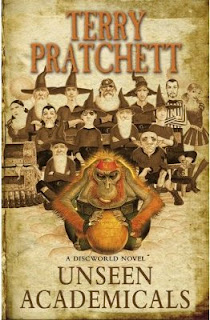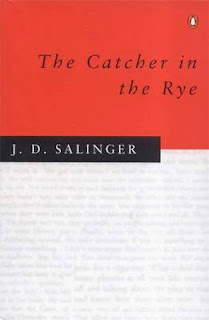The Scottish experiment
Before Corbyn was elected I noted that the results of the Scottish election would be a fascinating natural test of his leadership and some assumptions often made about the Scottish electorate, namely:
1. Scotland is more left-wing than the rest of the UK (look how they don't vote for Tories!)
2. Labour is losing support because it isn't left wing enough (unlike those lovable lefty nationalists)
The alternative hypothesis - that since the referendum Scottish voting preferences have been determined mainly by attitude towards independence - was fiercely disputed by some people, predominantly ex-Labour voters north of the border, safe in the knowledge that there was no easy way of determining which explanation was correct.
With Corbyn at the helm, however, there is no longer any ambiguity. Labour could hardly have chosen a more left-wing leader, and this year Scottish Labour ran on an overtly more left-wing platform than the SNP. For their pains they have been reduced to third place in the Scottish parliament, for the first time behind the Tories who gained 11% in the list vote and are now the main opposition to the SNP.
The results of the experiment could not be clearer. 46% voted SNP in constituencies, almost exactly the same as voted for independence. In the regional vote 48% voted for the SNP and pro-independence Greens. The remainder voted Conservative, Labour and Lib Dem in similar proportions to the projected vote share in England. There can be no doubt that Scottish elections are divided along nationalist lines and will be for years to come.
This election was in the end not a test on Corbyn; we now know that no other Labour leader could have made a significant difference, because Labour's stance in the independence referendum will not be forgotten or forgiven by a huge proportion of its electorate. It was a test of Scotland, and it has forever killed the myth of Scotland's left-wing exceptionalism.
1. Scotland is more left-wing than the rest of the UK (look how they don't vote for Tories!)
2. Labour is losing support because it isn't left wing enough (unlike those lovable lefty nationalists)
The alternative hypothesis - that since the referendum Scottish voting preferences have been determined mainly by attitude towards independence - was fiercely disputed by some people, predominantly ex-Labour voters north of the border, safe in the knowledge that there was no easy way of determining which explanation was correct.
With Corbyn at the helm, however, there is no longer any ambiguity. Labour could hardly have chosen a more left-wing leader, and this year Scottish Labour ran on an overtly more left-wing platform than the SNP. For their pains they have been reduced to third place in the Scottish parliament, for the first time behind the Tories who gained 11% in the list vote and are now the main opposition to the SNP.
The results of the experiment could not be clearer. 46% voted SNP in constituencies, almost exactly the same as voted for independence. In the regional vote 48% voted for the SNP and pro-independence Greens. The remainder voted Conservative, Labour and Lib Dem in similar proportions to the projected vote share in England. There can be no doubt that Scottish elections are divided along nationalist lines and will be for years to come.
This election was in the end not a test on Corbyn; we now know that no other Labour leader could have made a significant difference, because Labour's stance in the independence referendum will not be forgotten or forgiven by a huge proportion of its electorate. It was a test of Scotland, and it has forever killed the myth of Scotland's left-wing exceptionalism.



Comments
Post a Comment